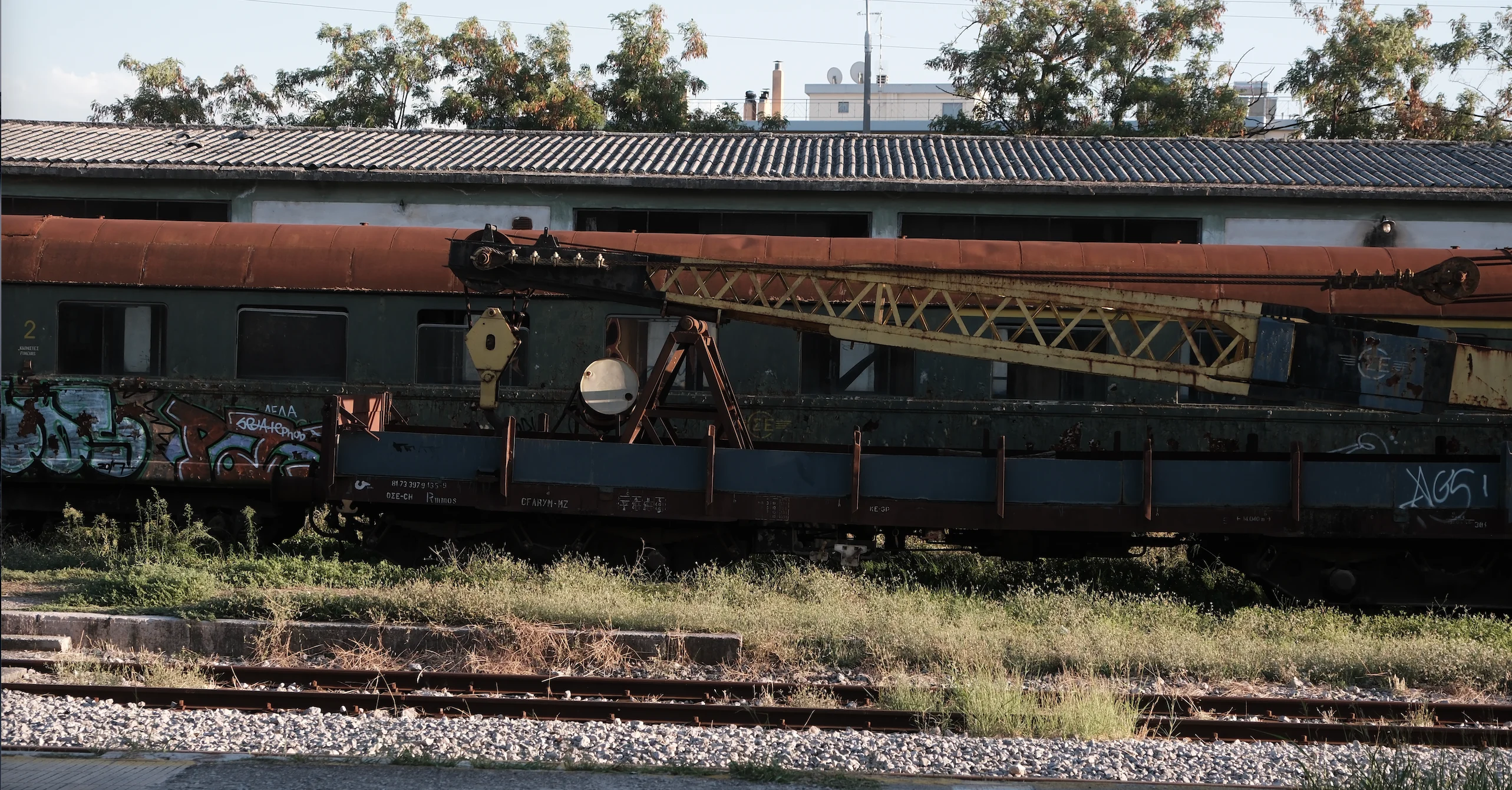Living abroad gave a lot of us a gift. The gift of feeling discombobulated in regards with belonging. I don’t think this feeling is unique to me, or to Greeks, or to anyone. It’s a human condition as common as life. But I happen to be Greek and I want to approach that subject from that perspective.
Every now and again many Greeks that live abroad will have to deal with criticism from other Greeks regarding the choice of “leaving”. Leaving in this context is a word that carries a lot of baggage. It’s a word that implies that you dropped your shield in the battle. Rhipsaspia as the Spartans of old would have said.
This hurts. It hurts because if feels dismissive and a lot of the people that “left” want to believe that they didn’t drop their shield. In the contrary, the common feeling is one of sacrifice. The sacrifice of not seeing your family grow old day to day. The sacrifice of losing touch with many of your friends. The sacrifice of losing parts of your language. But more than anything, the sacrifice of resetting everything culturally. There is a special room in hell where you are trying to fit in a new culture.
There is one thing though that helps. The fact that we are far from the first group of people that go through that. The financial crisis of 2010 isn’t the first tragic event in Greek history that drove people abroad. The different world wars, losing half of Cyprus, other regional battles. One of the most famous “victims” of history was the Nobel laureate George Seferis.
Seferis was a wealthy and educated Greek in an age where being wealthy was even more sinful than now. He was part of many different Greek governments, even ones that had their name tarnished. But he remained a servant. He was the Greek ambassador to many countries, including the UK, South Africa, Turkey and others. During that time it’s well documented in his journals that he struggled with the same feelings.
In one of his earlier journals, during the Second World War, a majority of his friends were fighting against the Italians in harsh conditions. At the same time he was on his way out of Greece with the government, travelling towards Egypt first and then South Africa. During the time of his departure one person told him “now that you are leaving, what are we going to do?”. There were, and are, harsher critics of Seferis’ choices.
After many years abroad, and what felt to him like exile, on his way back, in a stop at the port of Salerno he wrote one of his Magnus opus. The poem “The last stop”. In the poem there is a lot of reflection but there is one relevant passage to this post.
man crumbles away easily in the midst of wars; man is soft, a tuft of grass, fingers and lips that long for a white breast, eyes half-shut in the dazzle of day, feet that would run, no matter how tired, at the slightest whistle of gain. man is soft and thirsty as grass, as grass unslaked, his nerves are spreading roots; when the time of harvest comes some shout to exorcise the devil, some become entangled in their possessions, some orate[…]
Here Seferis is touching on a valid part of the criticism. Opportunism. There are people that left for opportunistic reasons. “Feet that would run, no matter how tired at the slightest whistle of gain” and then another reminder that “man is soft and thirsty like grass”.
Who is an opportunist though and who isn’t? Who is the moral arbiter of this? Why do we do anything we do? For our families, for our country, for us? And why do we stay? For our families, for our country, for us?
I don’t know if there is an answer. Perhaps there is one but I don’t have it. I’d like to end this with one final passage from the same poem.
“Yet here last night, on this our final station, where we wait for the hour of homecoming to dawn like an old debt”.
Everyone knows about that old debt. The hour of homecoming. No matter how hard you try to ignore it, you can’t. Currently there are similar wars like the one Seferis dealt with and there are people that are struggling with similar issues. A lot of old debt to be repaid by so many people.
Man is soft and thirsty like grass.
